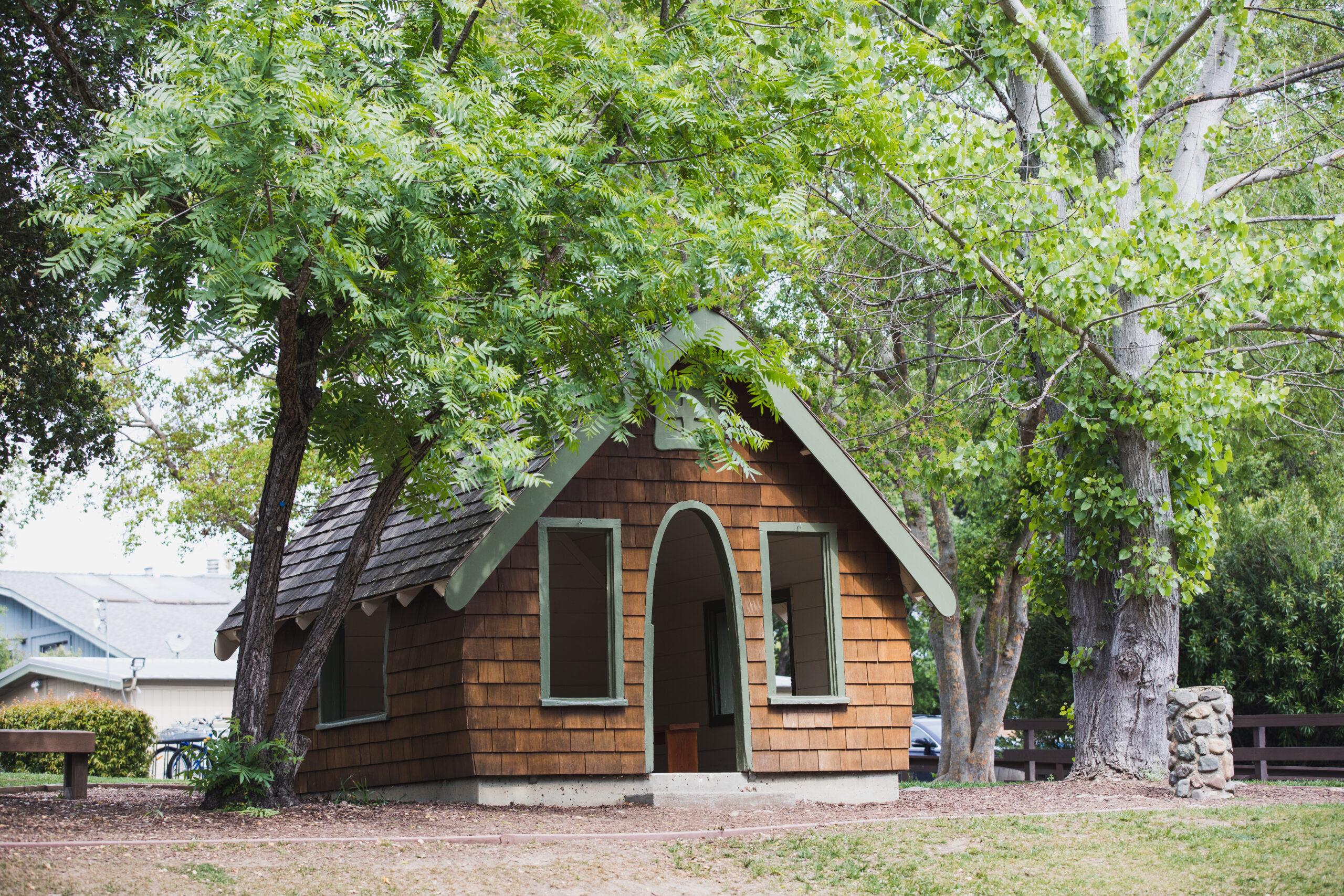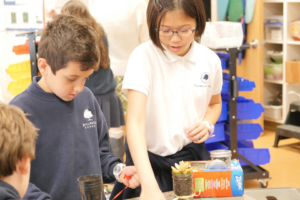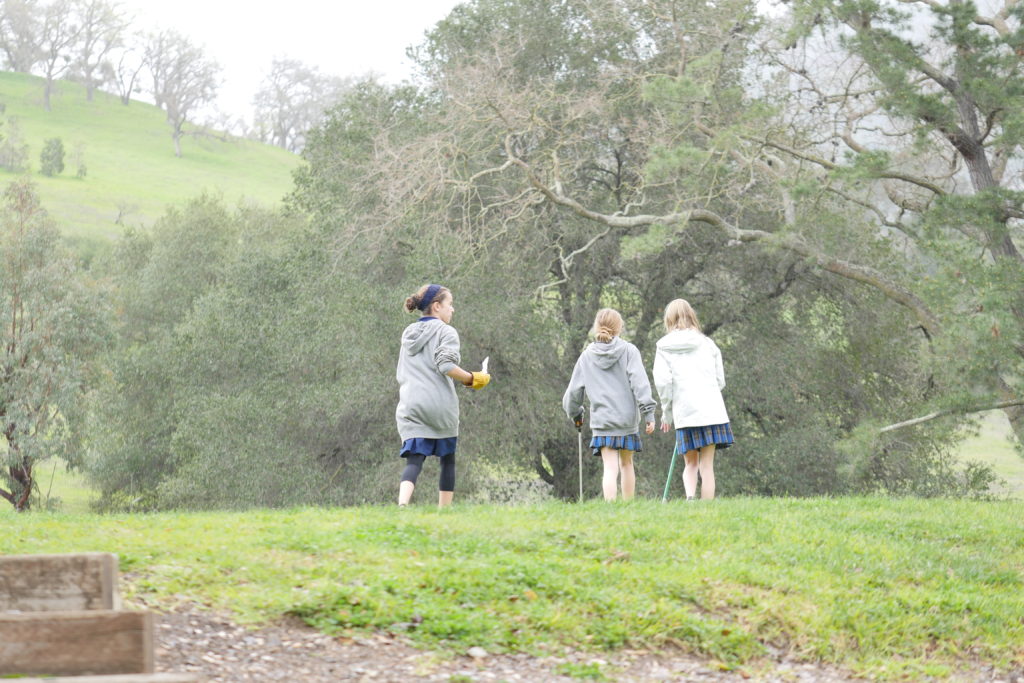I recently participated in a short meeting in the front office. The discussion was about play equipment on the 3rd/4th grade play area and, in particular, the potential need for an additional basketball hoop. We discussed the potential cost of the hoop, how we might pay for it, who else might need to be involved in helping us make a decision about whether or not the purchase made sense, and a potential timeline for the process. All in all, it was a pretty straightforward conversation, and I left thinking to myself that it seemed quite likely that we would have a new hoop in place by next year, if not sooner.
It was just like the hundreds of other conversations that I have throughout the course of a day, week and year. The only thing that made it slightly different? My conversational partner was a 3rd grader.
This young man, Justin, had sent me a video of his persuasive speech a few days before our conversation. The persuasive speech, an assignment completed by all 3rd graders, is a powerful example of how our teachers can help students develop essential academic skills – crafting a persuasive argument, understanding rhetorical devices, selecting compelling evidence, writing and editing written work – while also having them engage in real-world learning. Justin and his classmates produced speeches for a variety of audiences, including school leaders, and I was fortunate to receive a number of them.
Integrating real-world learning and core academics is a regular occurrence at Hillbrook. Indeed, over the last few years, we have significantly expanded the work we are doing in this space. Vision 2020 challenged us to think more deeply about how we deliver on our promise to reach beyond and make a difference in the world, and the result has included a redesigned schedule with a dedicated Reach Beyond Block, Reach Beyond Week for all Middle School students, and the launch of the Scott Center for Social Entrepreneurship.
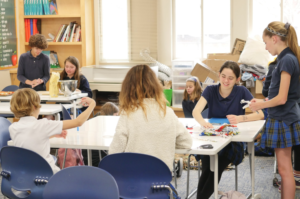 One of the joys of this type of work is the serendipity that happens when we find ways to connect students and the Hillbrook community with the broader world, opportunities that can then lead to transformative experiences for students and the community. For example, in early December, Annie Makela, Director of the Scott Center for Social Entrepreneurship, helped to coordinate and lead a full-day visit to the Tech Museum for our 8th graders. The students engaged in a design challenge around using technology to preserve wildlife and curb illegal poaching. In addition, they had an opportunity to learn about an organization called Freight Farms, an innovative company that manufactures hydroponic farming systems inside 40-foot shipping containers.
One of the joys of this type of work is the serendipity that happens when we find ways to connect students and the Hillbrook community with the broader world, opportunities that can then lead to transformative experiences for students and the community. For example, in early December, Annie Makela, Director of the Scott Center for Social Entrepreneurship, helped to coordinate and lead a full-day visit to the Tech Museum for our 8th graders. The students engaged in a design challenge around using technology to preserve wildlife and curb illegal poaching. In addition, they had an opportunity to learn about an organization called Freight Farms, an innovative company that manufactures hydroponic farming systems inside 40-foot shipping containers.
One of our students, Josh, became so inspired by this concept that he has decided to focus on it for his 8th grade celebration of learning. Reflecting the confidence and initiative so common to Hillbrook students, he reached out on his own to Freight Farms to learn more about these high-tech freight containers. Fast forward a few months, and Josh and several other students are working with Annie, science teacher and garden coordinator Lara Blom, and several other teachers to explore possibilities for hydroponic farming systems at Hillbrook. As part of this effort, Josh and two other 8th grade students made a presentation at a recent all-employee meeting, inviting interested teachers to get involved. The possibilities for hydroponic farming are vast – some of the systems could generate enough produce for the school’s lunch service and possibly even provide fresh produce for other less-resourced communities. And, these concepts fit beautifully with our goals as a school, representing a powerful potential pathway for students and adults to reach beyond the campus. The combined enthusiasm of the students and teachers makes it highly likely that we will have some type of program in place within the next few years.
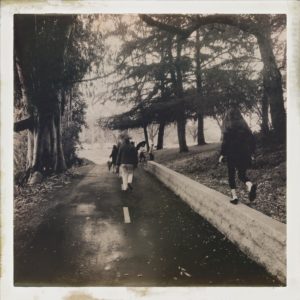 There are numerous other examples of how our students have been inspired by their experiences at school in ways that have then led to meaningful opportunities and changes. As yet another example, Director of Teaching & Learning Ilsa Dohmen alongside middle school teachers, structured our first Reach Beyond Block session to be completely designed by students for their middle school peers. Thirty brave 5-8th graders responded to the opportunity, shared in January, to design and lead a Reach Beyond Block for others. They arranged parent volunteer drivers, found equipment on-campus, brought in resources (and even animals) from home, made exemplars, and then stood before twelve different small groups of 5-8th grade peers to lead them in an experience, around something that matters to them, with the goal of making a difference. Groups made animations about personally meaningful inclusivity topics, led teamwork exercises, made toys for shelter pets, learned about reptile habitats and care, learned about the difference between therapy and service animals, picked up trash on campus to create art, and more. Their ideas were cross-disciplinary, cross-grade level, grounded in making a difference for people or planet, and co-taught—just like faculty-led Reach Beyond experiences have been.
There are numerous other examples of how our students have been inspired by their experiences at school in ways that have then led to meaningful opportunities and changes. As yet another example, Director of Teaching & Learning Ilsa Dohmen alongside middle school teachers, structured our first Reach Beyond Block session to be completely designed by students for their middle school peers. Thirty brave 5-8th graders responded to the opportunity, shared in January, to design and lead a Reach Beyond Block for others. They arranged parent volunteer drivers, found equipment on-campus, brought in resources (and even animals) from home, made exemplars, and then stood before twelve different small groups of 5-8th grade peers to lead them in an experience, around something that matters to them, with the goal of making a difference. Groups made animations about personally meaningful inclusivity topics, led teamwork exercises, made toys for shelter pets, learned about reptile habitats and care, learned about the difference between therapy and service animals, picked up trash on campus to create art, and more. Their ideas were cross-disciplinary, cross-grade level, grounded in making a difference for people or planet, and co-taught—just like faculty-led Reach Beyond experiences have been.
Why does all of this matter? Read anything about the challenges facing high school and college students today and you will see a recurring theme – we are raising a generation of stressed out and anxious students who know how to play the game of school and yet cannot function in the real world. At Hillbrook, we are facing that challenge head on, recognizing that a rigorous educational program needs to include opportunities to build skills and knowledge in the context of real-world experiences. Year after year, alumni videos speak to the power of this approach and its extraordinary results.
Even better, just ask Justin, Josh, or numerous other Hillbrook students who are making a difference at Hillbrook and beyond. For them, Hillbrook is simply the way school should be. We hope that someday that may be true for all students.
